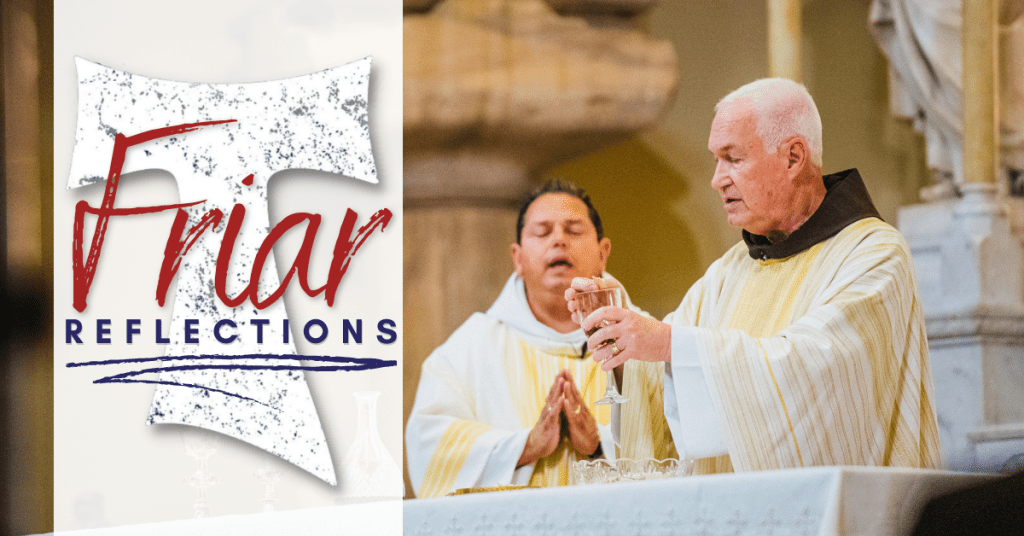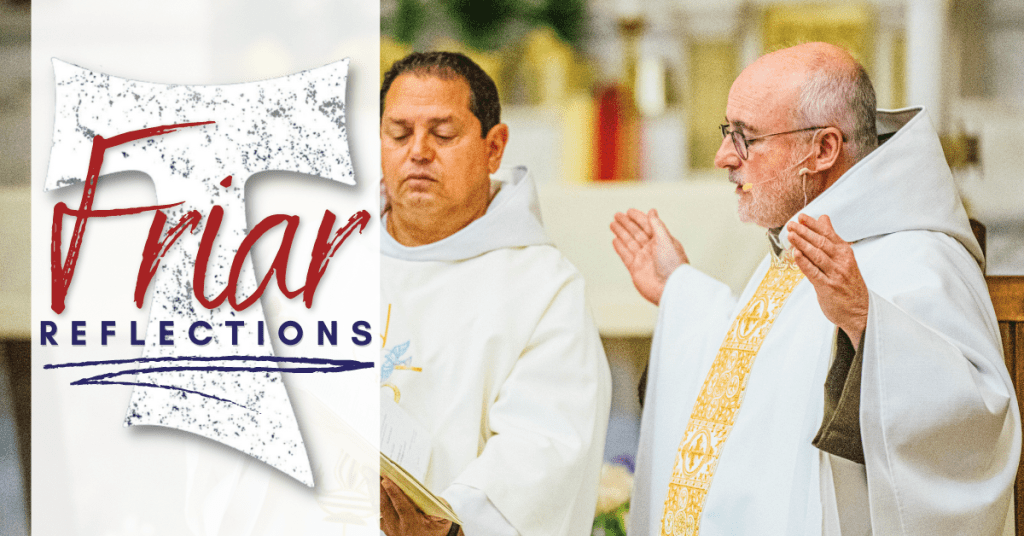
Saints of God, the Lord be with you!
Most of you know how I feel about the image of shepherd (it doesn’t speak to me) that is found in today’s first reading from the Book of the Prophet Jeremiah (23:1-6), the Responsorial Psalm (23), and today’s Gospel according to Mark (6:30-34). As I’ve been reflecting on these readings, I’ve used the word “leader” instead of “shepherd.” If you think about it, whether we are parents or grandparents, big sisters or brothers, teachers or mentors, or even friars, we are all leaders in someway to someone. The questions that these readings invite us to consider are who are our leaders, and what makes a good leader?
As shown above we are all leaders. Recent scholarship has shown that we all learn by following the example of others (mimetic theory). We first learn from our parents and siblings in our family of origin; then teachers and classmates, then friends and those close to us. In today’s world we must also say we learn from “influencers” on social media, from politicians, religious leaders, bosses … you get the picture. As a professor of mine once said, “everything speaks to us” to which I might add, “everyone has some kind of influence on us (or not).” So, the first question you might consider this week is “who at this present time are you MOST led by?” And, to go a step further, “Whom do you lead, and how and to what?”
As to what makes a good leader, I think as Catholic Christians we are called to look to Christ. When I consider Christ, I see that He showed kindness not vengeance, compassion not indifference, mercy not cruelty, and generosity not selfishness, love not animosity. Jesus never tried to force anyone to do anything, rather He subtly called them to remember that they were made in the image and likeness of God and should live as such. He tried to unite and invite others into what He called the Reign of God, or the Kingdom of Heaven. What Jesus began, we who are the church are called to live out for ourselves and continue. May the Lord give us all energy and courage to follow in His footprints.
– Fr. Steve











